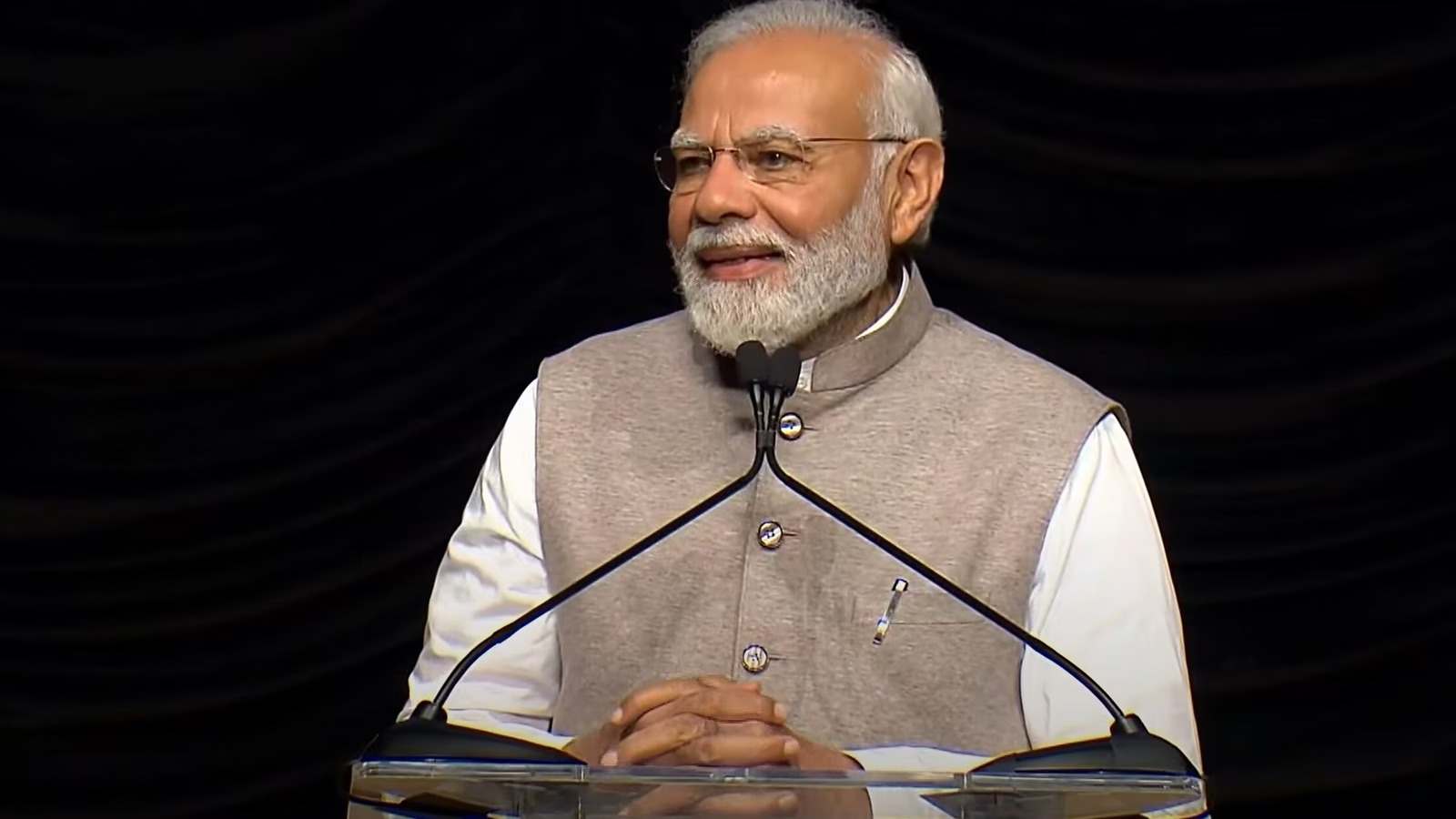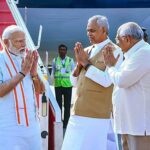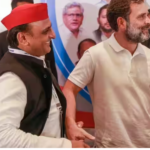On Wednesday, Prime Minister Narendra Modi will preside over the first meeting that will be held in accordance with the Chief Election Commissioner and Other Election Commissioners (Appointment, Conditions of Service and Term of Office) Act, 2023. The purpose of this meeting is to select a new election commissioner (EC) to replace Anup Chandra Pandey, who is scheduled to retire on February 15.
The new statute, which went into effect on January 2, says that the President would choose CEC and ECs based on the suggestion of a Selection Committee that includes the Prime Minister, a Cabinet minister, and the leader of the opposition or the leader of the opposition party that holds the most seats in the Lok Sabha.
Law minister Arjun Ram Meghwal and Adhir Ranjan Chowdhury, who is the floor leader of the Congress in the Lok Sabha, are anticipated to attend the meeting that will take place at the residence of the Prime Minister at 7.30 p.m., according to government functionaries who are aware of the situation.
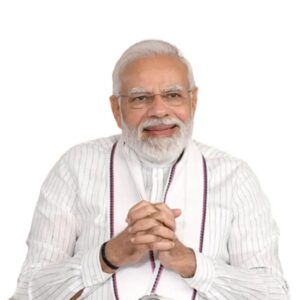
Two committees are involved in the selection process. The first committee is a three-person selection committee that is led by the Prime Minister, and the second committee is a search committee that is also three people and is led by the law minister and two secretary-level officers. Despite the fact that the search committee brings forth five names for consideration to the selection committee, the latter has the authority to choose commissioners from among those who are not on the list.
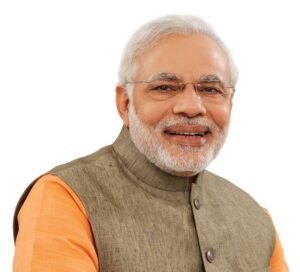
Prior to the new law, the Prime Minister and the Council of Ministers named CECs and ECs using the President’s seal. The Supreme Court, in an order issued in March last year, called for a statute governing how CECs and ECs should be selected, stating that no such process existed at the time. In the meanwhile, it appointed a three-member panel made up of the Prime Minister, the leader of the major opposition party in the Lok Sabha, and the Chief Justice of India.
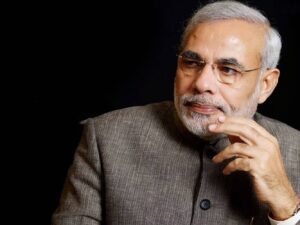
When the measure was enacted, it replaced the CJI with a Cabinet minister, giving the government a 2-1 majority on the panel.
The Opposition staged a walkout in the Rajya Sabha before the voice vote on December 12 to protest the bill’s “undemocratic” provisions. The government, for its part, contended that the measure was totally in accordance with the Supreme Court’s directives.
ALSO RAED: PM Modi’s top ten harshest assaults on Congress in Rajya Sabha
